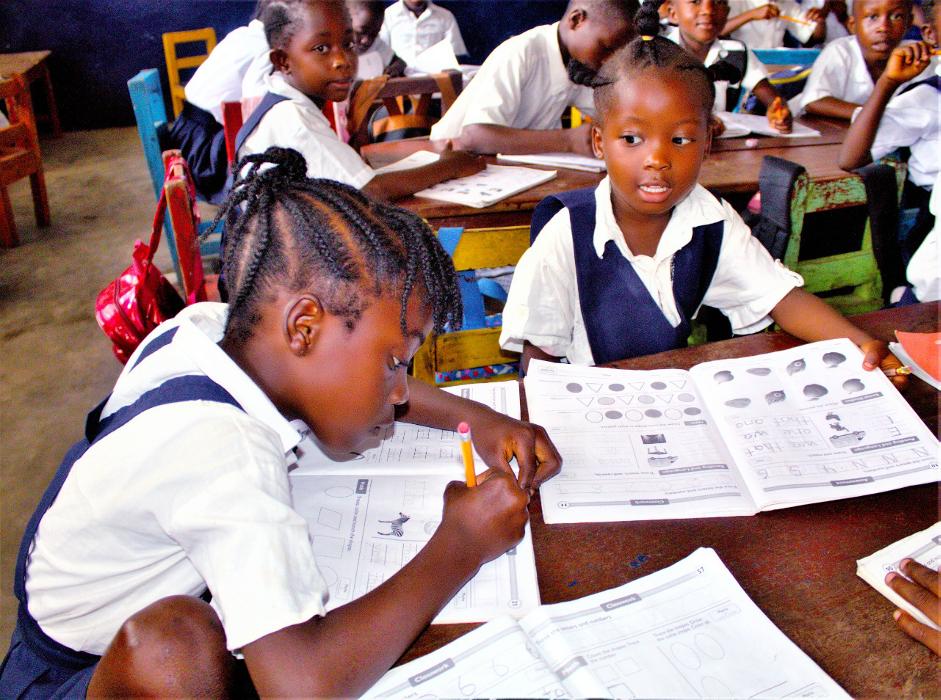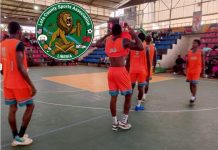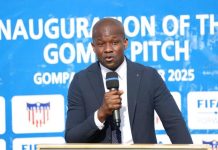
Africa-Press – Liberia. The UNESCO transforming education pre-summit kicks off in Paris this week, a time when global education stakeholders are talking about Prof. Michael Kremer and his team of US academics groundbreaking research, released at the recent Education World Forum in London last month.
There are only two topics of conversation in education circles. One is the abysmal failure of education programming which sees nearly ¾ of children unable to read and the second is an education intervention that has turned the tables for those living in extreme poverty.
The UNESCO gathering in Paris, comes at a good time. According to UNESCO, the overall objective of the Pre‐Summit is: “to harness the evolving discussions on transforming education, and generate greater momentum in the lead up to September for the UN Summit on transformative education.
To mark the moment, The World Bank, Gates Foundation, UNESCO, UNICEF have released a new report showing that 70% of 10 year olds cannot read a single line of text; this is an increase of a third in low and middle income countries. It is a terrifying statistic.
The Liberian delegation led by Education Minister Prof Sonnii has traveled to the conference; to showcase one of the few education programs delivering improved learning at scale on the continent.
Education ministers from Liberia, India, Kenya, and Rwanda will be presenting on key thematic action tracks from their countries; and conversation will focus on what meaningful investment and programming opportunities are available for leaders determined to address the learning poverty crisis.
During the deliberations at the submit, five Thematic Action Tracks will be in discussion aimed at “promoting accelerators and good practices, resulting in the scaling up of promising, innovative initiatives.”
There is no better time for policy makers and stakeholders in education to delve deeper into the findings of Prof. Kremer recently published a highly publicized study of schools supported by NewGlobe, an education partner to multiple Governments across Africa, including Liberia.
The data-rich study is groundbreaking for both its scope and scale and measured ‘among the largest learning gains in international education.’ The NewGlobe methodology is characterized by an integrated, end-to-end system, including a digital learning platform, adaptive instructional content, professional development, and 360-degree support – its system is one of the clear solutions to tackle learning poverty effectively.
The methodology in the study is the same methodology that underpins the Liberian government’s flagship education programme; Liberian Education Advancement Program (LEAP) and the work taking place at Bridge Liberia supported schools; its largest partner. It is this program that the Liberian delegation will be discussing at UNESCO with global stakeholders.
The groundbreaking study by the Nobel prize winning economist comes at a time when policymakers and multi-laterals are focussed on finding approaches to remedy the current state of global learning which was described as “the most serious crisis in education in 100 years” by the World Bank’s Education Director.
Professor Michael Kremer and his team conducted the research over two school years and included more than 10,000 students from lower socio-economic backgrounds, identified using indicators such as access to electricity and whether their homes had dirt or mud floors.
The learning gains if replicated at scale across public systems, this integrated methodology could put students on track to match academic performance levels achieved by peers from upper-middle income countries, pushing their countries up education league tables to match countries with incomes three or four times greater per person.
The Nobel prize winning economist has said that NewGlobe’s ‘schools delivering highly standardized education have the potential to produce dramatic learning gains at scale, suggesting that policymakers may wish to explore incorporation of standardization.’
It is clear that education stakeholders and political leaders should look seriously at Professor Kremer’s study, delve into the findings of the research and see what can be applied in systems currently struggling to tackle learning poverty. It is imperative for growth. Economic growth follows improved schooling, enhancing the opportunities for a nation’s youth, and for the economy’s workforce.
The Vice Chair of Education for UNESCO and Bridge Liberia Managing Director puts it,
“The Kremer report begins a new conversation about the importance of partnerships in education. We encourage policy makers to delve more into the report and take a look at the data provided. There is no more time for fruitless talk, we now need meaningful action. The need to transform education has never been greater. We know the means and methods to do so already exist, with rigorous independent research such as the recent study into NewGlobe schools led by Professor Michael Kremer showing beyond any doubt that a data-rich structured and standardized approach to teaching and learning can drive enormous learning gains for all students and truly transform their education.”
In Liberia, the education of the girl child remains an ongoing point of discussion. Equity has long been the target of education programming but with 2030 rapidly approaching, meeting SDG4 is increasingly regarded as unachievable. Yet, Professor Kremer and his co-authors made a staggering revelation in the research showing that girls in schools implementing NewGlobe’s integrated methodology make the same leap in learning as boys.
As UNESCO gathers in Paris, it must listen to the African voices from the continent and hear what is really working and what is not. There are hundreds of millions of dollars invested into education by the global community and yet there is little evidence of success at scale. The World Bank describes the lack of transparency and data as ‘flying blind. With 2030 rapidly approaching, meeting SDG4 is increasingly regarded as unachievable. Learning about poverty will continue and the world will become a less prosperous and more dangerous place unless education outcomes are improved; we have solutions; we have talked about them enough now we need to implement them.
For More News And Analysis About Liberia Follow Africa-Press





